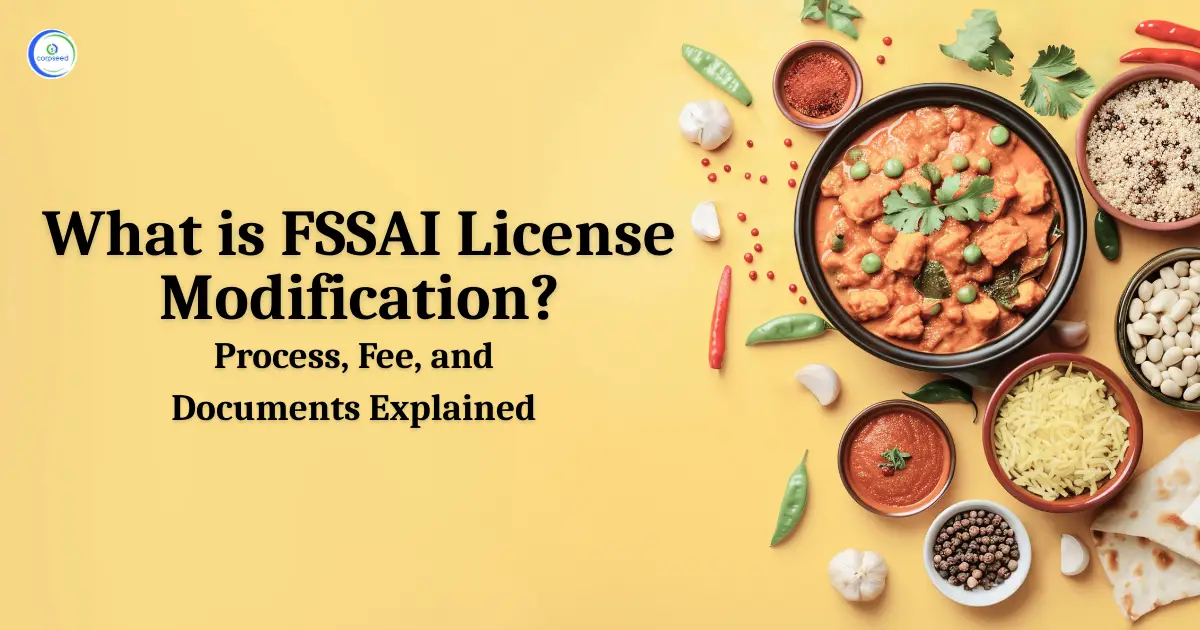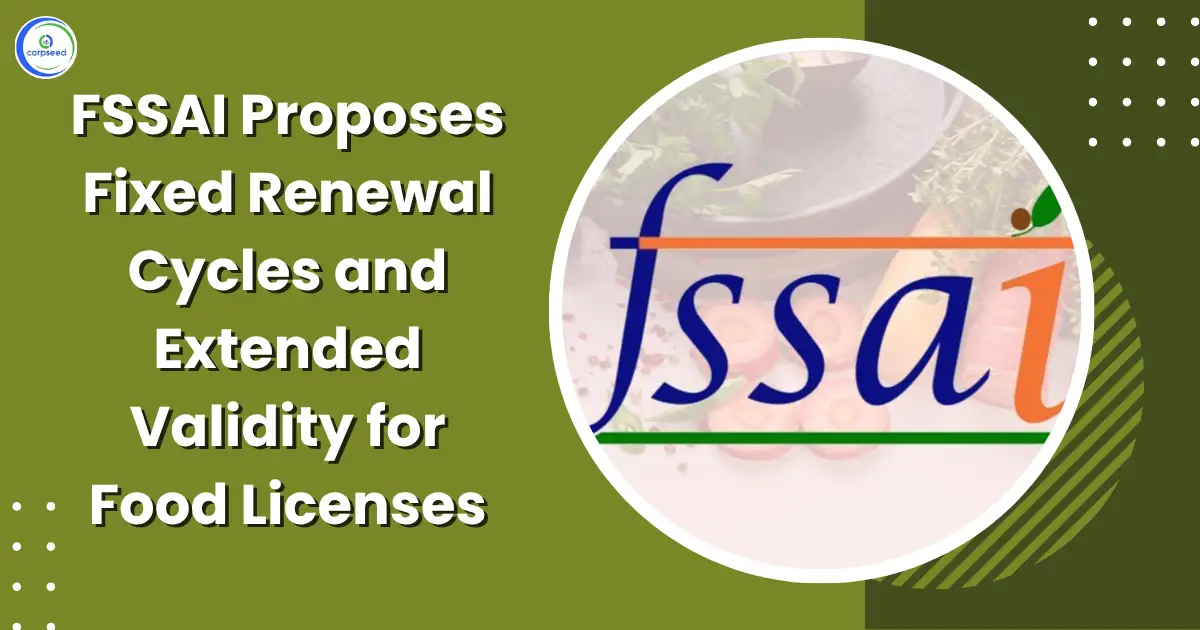In India, the Food Safety and Standards Act (FSSAI) of 2011 was created to ensure that food products are safe and healthy for consumers. The FSSAI, or the Food Safety and Standards Authority of India, sets guidelines for food safety, quality standards, and regulates various aspects of food-related operations, from manufacturing to import. Its main goal is to protect consumers by ensuring that food products meet required safety standards.
To maintain food safety and prevent harm to public health, the FSSAI Act has set strict rules for food businesses. If food businesses break these rules, they are subject to penalties. These penalties serve as a deterrent to help companies comply with safety regulations and keep food products free from contamination, harmful additives, or misleading labels. Whether it's a large corporation or a small food unit, if they violate the FSSAI regulations, the penalties apply to the company and the individuals responsible for the violations.
Table of Contents
--------------Blog Contact Form-------------
Offenses by Enterprises
In order to regulate the food products and their safety for human consumption, the FSSAI Act levies certain penalties on business enterprises in case of offenses Whether it is a private limited company or a public limited company, the penalties can be levied on both.
- If a company commits any offense that comes under the purview of this Act, all those persons in charge of the company who were present when the offense was being committed and was responsible to the company for its business operations and conduct, and the company itself will be considered to be guilty of the offense. They will be penalized and punished accordingly.
- If a company has a lot of branches or units in different branches of the establishment, the person in charge or the Head of the department or branch of the enterprise, as nominated by the company, shall be deemed responsible for the safety of food and will be liable for any contravention of such a branch, establishment or a unit.
Penalty if a business operates without FSSAI License
If a food business owner or operator who is supposed to acquire an FSSAI license but operates, manages, manufactures, sells, distributes, stores, or imports food articles without acquiring the same shall be punishable as per the provisions of the Act. The person or the company found guilty of any contravention can be punished with imprisonment extending up to six months and/or a fine which may be up to Rs. 5 Lakh.
Penalty if the food article is sub-standard
If a person or a company is found selling sub-standard quality of food and flouting the compliance requirements, the same shall be penalized with a fine of up to Rs.5 Lakh. The people or the companies exempted under sub-section (2) of section 31 of this Act for non-compliance shall be liable to a penalty of up to Rs.25,000.
Penalty for wrongful branding
If a person or a company manufacturer or engages in storage, selling, distributing, or importing food articles that have been misbranded shall be penalized with a fine of up to Rs.3 Lakh. He will have to either destroy such food articles or take corrective action.
Penalty for food containing unnecessary or extraneous matter
If a person or a company manufactures or stores, sells, distributes, or imports food articles for human consumption that are found to contain superfluous or extraneous matter then the same shall be deemed liable to a penalty that can be up to Rs. 1 Lakh.
Conclusion
FSSAI penalties play a vital role in ensuring that food businesses operate responsibly and uphold the safety of food products. These penalties are in place to prevent harmful practices and ensure that consumers receive food that is safe, nutritious, and of the highest quality. Whether it is operating without the necessary license or selling unsafe or misleading food items, the FSSAI Act holds businesses accountable for their actions.
For food business owners, staying compliant with FSSAI regulations is not just about avoiding penalties but also about building trust with customers. By adhering to the guidelines set by FSSAI, businesses contribute to a safer and healthier food environment for everyone. Following the rules not only helps avoid legal trouble but also protects public health and boosts the credibility of the food business. Therefore, understanding and following FSSAI regulations is crucial for anyone involved in the food industry.
This portion of the site is for informational purposes only. The content is not legal advice. The statements and opinions are the expression of author, not corpseed, and have not been evaluated by corpseed for accuracy, completeness, or changes in the law.
BOOK A FREE CONSULTATION
Get help from an experienced legal adviser. Schedule your consultation at a time that works for you and it's absolutely FREE.









